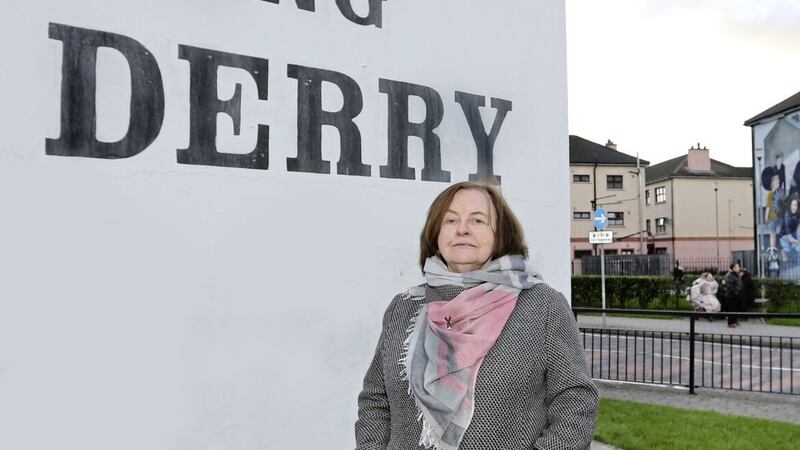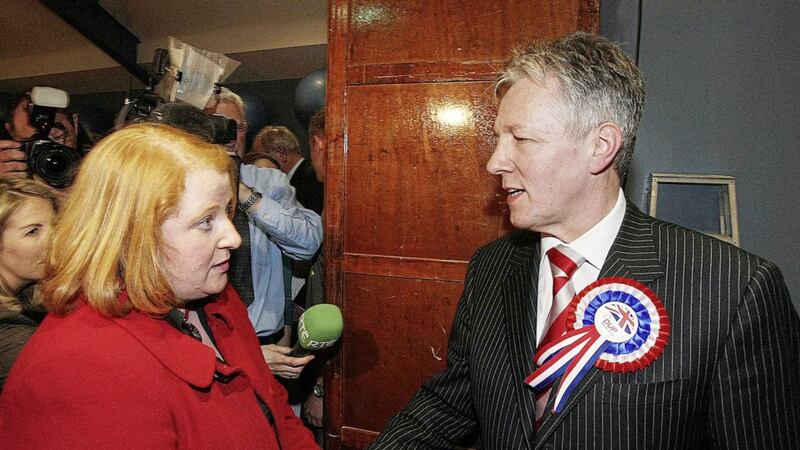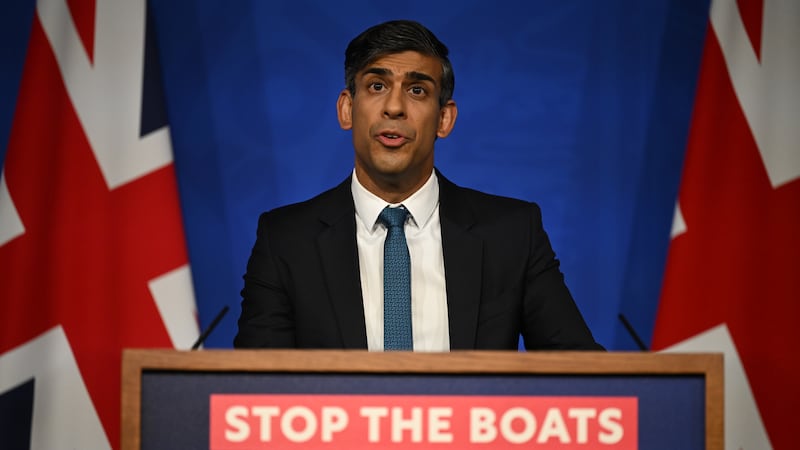ALMOST on a daily basis in Dublin I pass some building associated with Michael Collins.
He was "on the run" in the city from 1918 to '21 and it is said he never slept more than one night in the same house.
Inevitably, the places that have the most impact are the ones where 15 people, the majority of them suspected British agents, were shot dead or fatally wounded on Dublin's Bloody Sunday, November 21 1920.
Collins was the driving force behind the assassinations. Later the same day, British forces responded with an attack on a Gaelic football match in Croke Park, resulting in 14 deaths, including two persons crushed as they tried to escape.
Just over a year later, on December 6 1921, Collins and others signed the Anglo-Irish Treaty with the British government, which granted a degree of self-rule to 26 of Ireland's 32 counties.
It wasn't enough for some of the rebels and a civil war erupted, leading to the death of "The Big Fellow" during an ambush by anti-Treatyites on August 22 1922.
The centenary of his death included a history-making occasion where Micheál Martin, Taoiseach and leader of Fianna Fáil, which was founded by anti-Treatyites, joined with Leo Varadkar, Tánaiste and leader of pro-Treaty Fine Gael (successor to Cumann na nGaedheal), jointly honoured the memory of Collins in a ceremony at Béal na Bláth, County Cork, where he was killed.
Interestingly, I have seen little or no questioning lately of the methods used by Collins and his associates in their struggle against British rule. This contrasts with the controversy over Sinn Féin vice-president Michelle O'Neill's comment in relation to republican paramilitary violence during the northern Troubles, where she told the BBC's Mark Carruthers: “I think at the time there was no alternative, but now thankfully we have an alternative to conflict, and that is the Good Friday Agreement."
She was speaking on a Radio Ulster Red Lines podcast. Another interesting conversation in the series took place more recently with Bernadette McAliskey, née Devlin, which brought back memories of a newspaper interview I myself conducted with the former Mid-Ulster MP in mid-1984.
Three-and-a-half years beforehand, on January 16 1981, the Ulster Defence Association attacked her home outside Coalisland. She was shot eight times in the the back and her husband, Michael, also received bullet wounds as he tried to block the doorway.
As they left the scene, the loyalist attackers were arrested by members of the Parachute Regiment, well-known for its Bloody Sunday role in Derry. Bernadette said the Paras provided her with no medical assistance but called in the Argyll and Sutherland Highlanders. The couple were taken to hospital where they were operated on by a military surgeon.
Freely acknowledging that this individual had saved her life, she went on to say that "only for the British Army presence in the north, I wouldn't have been shot in the first place".
The surgeon is identified in my Irish Times article and, when I conducted an online search this week, it emerged that a person of that name, Campbell MacFarlane (1941-2006), had served with the Royal Army Medical Corps.
It would appear that Bernadette was not alone in benefiting from the skills of a person of deep humanity, because the website of the Royal College of Surgeons of England tells us that: "In Northern Ireland he performed life-saving surgery not only on soldiers but also on members of the Irish Republican Army (IRA)."
At the time of my interview, Bernadette had stood in half-a-dozen parliamentary elections north and south of the border, as well as running for the European Parliament in 1979. She won a seat in the House of Commons in 1969 where she famously slapped Conservative Home Secretary Reginald Maudling in the face after the Bloody Sunday massacre in 1972.
She told me 12 years later: "I never had any illusions in parliament and was always very conscious of its limitations. But from the declaring of the election until the counting of votes, you are able to focus on political issues and argue basic political ideology."
In that context, I note that the second and final term of Michael D Higgins as President of Ireland comes to an end in November 2025.
Although Sinn Féin have been doing well in the opinion polls, the party might think twice about running a candidate next time, given how badly the 2018 contest went for them.
Maybe Bernadette should be encouraged to run as an independent – it would certainly make for an interesting campaign.








